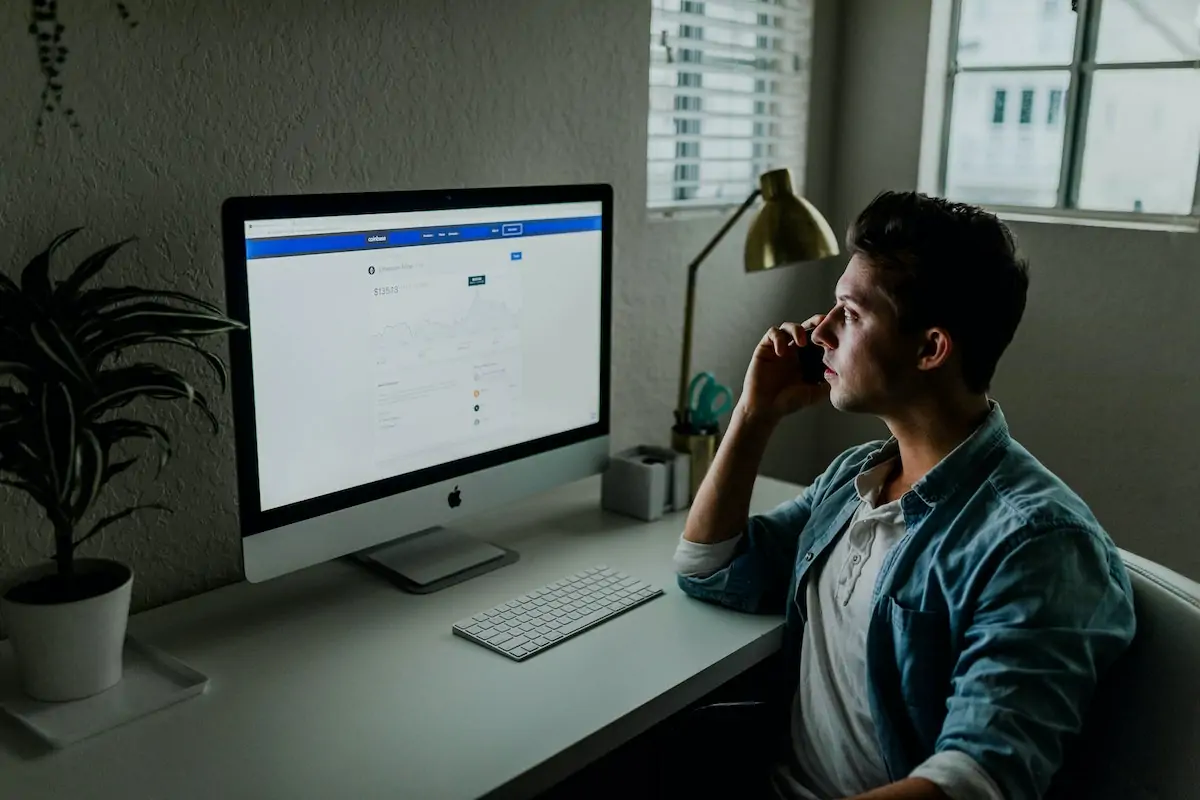
One in thirty UK businesses duped by fake invoices
29 Feb 2016Invoice fraud
Invoice fraud and duplicate invoices are very real concerns for small businesses in the UK, with recent research from Concur, part of SAP, revealing that one in thirty British businesses have inadvertently paid fake invoices, while 34% of UK businesses have mistakenly paid duplicate invoices.
If you need help or advice setting up systems to minimise financial and business risks, we can help. Please get in contact.
Financial systems and reports to spot and stop fraud
It's difficult to run a growing business and keep track of everything, both internal and external. That's why if you have good processes and good external advice you can minimise and/or spot the risks and signs of fraud. Talk to us about how we can help your business minimise the risks of invoice fraud, fraud generally or errors costing your business money.
The report also suggests that beyond those businesses that know they have paid fraudulent invoices, many more may have been duped into paying without ever becoming aware of the deception.
Recovering overpaid or wrongly paid money is often difficult
It is often impossible for small businesses to recover any money they have paid towards fraudulent invoices. Duplicate invoices can obviously be disputed, and any duplicate payments can be recovered from suppliers, but this will likely only happen if the small business discovers the mistake, and can still tie up a portion of the company’s working capital until the money is repaid.
So how can small businesses recognise fake invoices? And how can they ensure they don’t pay multiple times if and when they receive duplicate invoices?
Purchase orders reduce risk
Purchase Orders (or POs) are widely used commercial documents that constitute formal (and, if accepted by the seller, usually legally binding) requests to purchase goods, services or raw materials from suppliers, vendors or service providers.
Many small business owners don’t raise purchase orders when procuring goods or services – they have enough paperwork and administration to deal with, do they really need to add purchase orders to the mix?
Given the financial risk posed by invoice fraud, and the risk of tying up precious working capital with duplicate invoice payments, the answer is an unequivocal ‘yes’.
Get it in writing
While purchase orders may seem like overkill for sole traders and small businesses, they do amount to more than another piece of bureaucratic paperwork. Since they lay out all the details of a specific order, and form a legally binding agreement when accepted, purchase orders can play an important role in helping to prevent misunderstandings, delays and disputes when small businesses are dealing with suppliers.
Just as important, though: when a small business maintains a strict policy of only paying invoices that reference an open purchase order that they themselves raised, POs can help protect the business against invoice fraud and avoid duplicate invoices.
Be specific
It is important to ensure purchase orders are correctly (and consistently) structured and that they include any and all information necessary to inform how and when the order is processed, including specific details about the product or service being provided, the timescale for delivery, the agreed costs, the payment schedule and how the client and supplier will handle delays or disputes.
If you are unsure how you should structure your purchase orders you can download our free Purchase Order Template.
Insist that invoices reference purchase orders
Every purchase order should be assigned a unique Purchase Order Number, which will be referenced when the supplier issues an invoice to request payment.
By insisting that suppliers and service providers reference corresponding purchase orders in every invoice they issue, small business owners can ensure they don’t receive (and pay) an invoice more than once, and can also avoid joining the one in thirty UK businesses that have been duped by fake invoices.
























